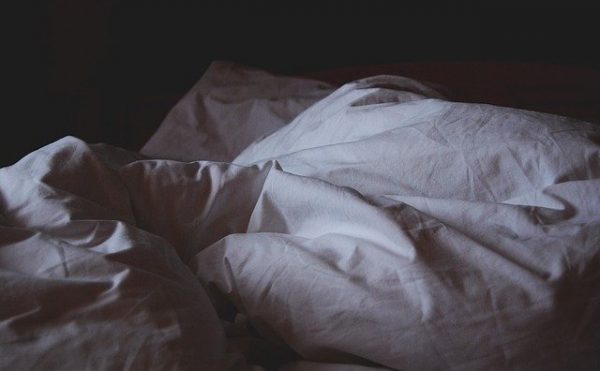Can’t get up in the morning?

If its hard for you to get up in the mornings, one of the things that could be happening is a low Cortisol Awakening Response (CAR). The CAR is your body’s natural release of the stress hormone cortisol as you wake up in the morning and open your eyes. This is how your body knows its time to get up and get going.
This cortisol release tends to reach its maximum about 30 minutes after you wake up and it can still be heighted for an hour after waking. From there, it should naturally drop off throughout the day while your sleep hormone melatonin rises, allowing you to go to sleep at night.
This part of your circadian rhythm, your internal process that regulates, among other things, your sleep/wake cycles, can be affected by your environment.
The ideal amount of sleep for each person varies but the US National Sleep Foundation Review in 2015 recommended that most adults generally need between 7 to 9 hours of sleep (though anywhere from 6 to 11 hours could be appropriate).
From a general health perspective, sleep is important for a myriad of healthy body functions like mental and physical healing and repair, immunity and efficient organ function.
If its hard for you to wake up in the mornings take a look at what you can do to improve your sleep quality and encourage a healthy CAR:
- Minimise exposure to bright lights and electronic devices 2 hours before you go to bed. The blue light emitted from devices disrupts melatonin production – the hormone that helps you get to sleep so stay away from devices before bedtime, or if that’s not realistic, invest in high quality blue light blocking glasses.
- Ensure your bedroom is completely dark to promote optimal melatonin production.
- Develop a night time routine that allows you to relax and unwind. Try meditation or breathing exercises, reading (preferably from an old-fashioned book with pages or if you’re using an electronic device, wear your blue light blocking glasses) or a warm bath instead of catching up work or brain draining activities.
- Resist the snooze button. The fragmented sleep you get when you snooze can leave you feeling more tired and groggy.
- Expose your eyes to the morning sun to promote melatonin production at night.



